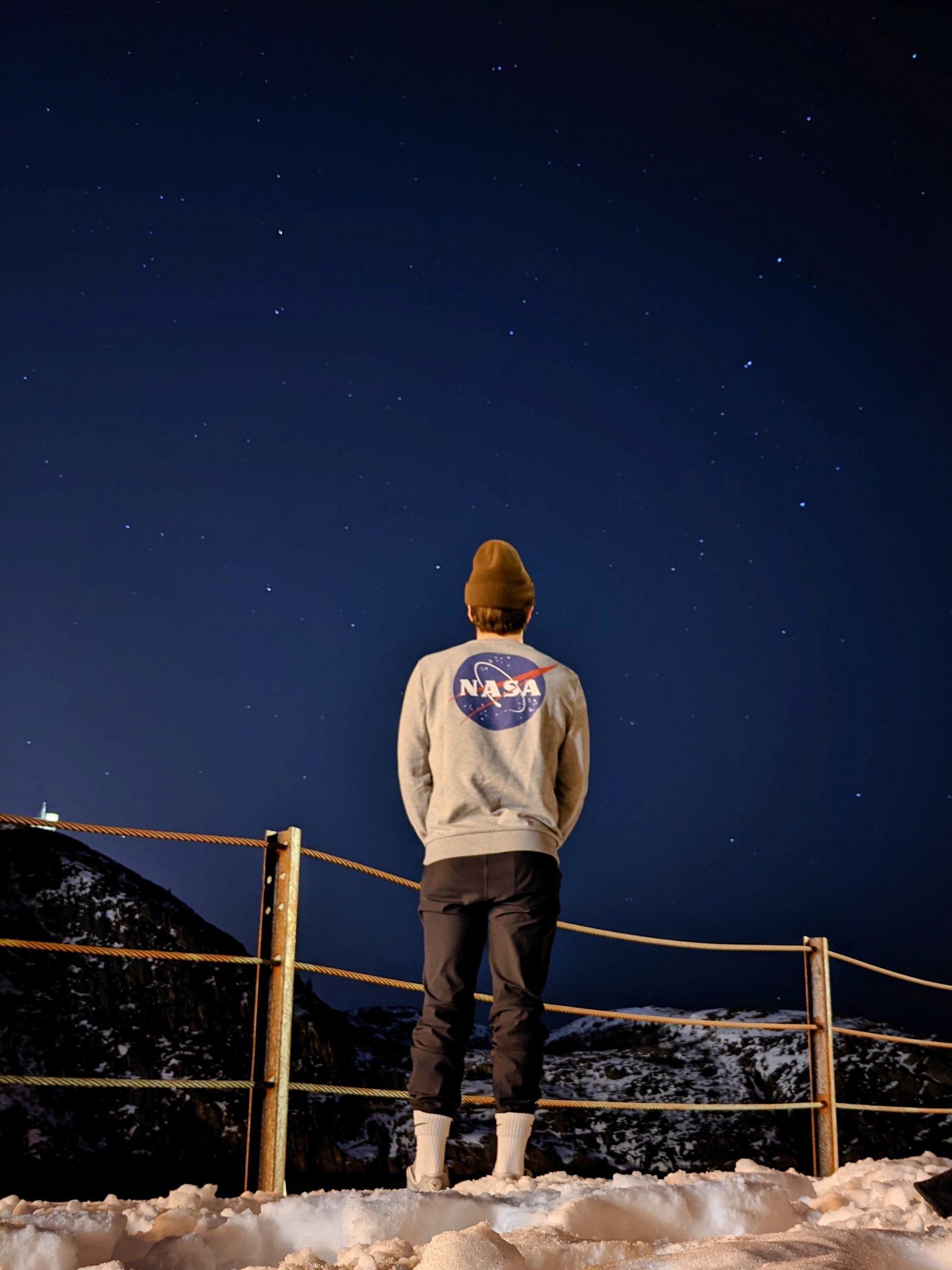
Engineering New Frontiers: Lakecrest 2020 Alumnus of the Year Dr. Liam Morrissey
From Lakecrest Labs to Martian Engineering
Our alumni continue to contribute to society in many different ways. The focus of this article is an alumnus who is engineering systems to sustain materials and technology as far away as the surface of Mars. We recently caught up with the newly minted PhD and NASA hire Dr. Liam Morrissey for a Q&A about what he is up to now and reflections on his education at Lakecrest. Dr. Morrissey attended Lakecrest from K-9 and graduated from the school in 2005.
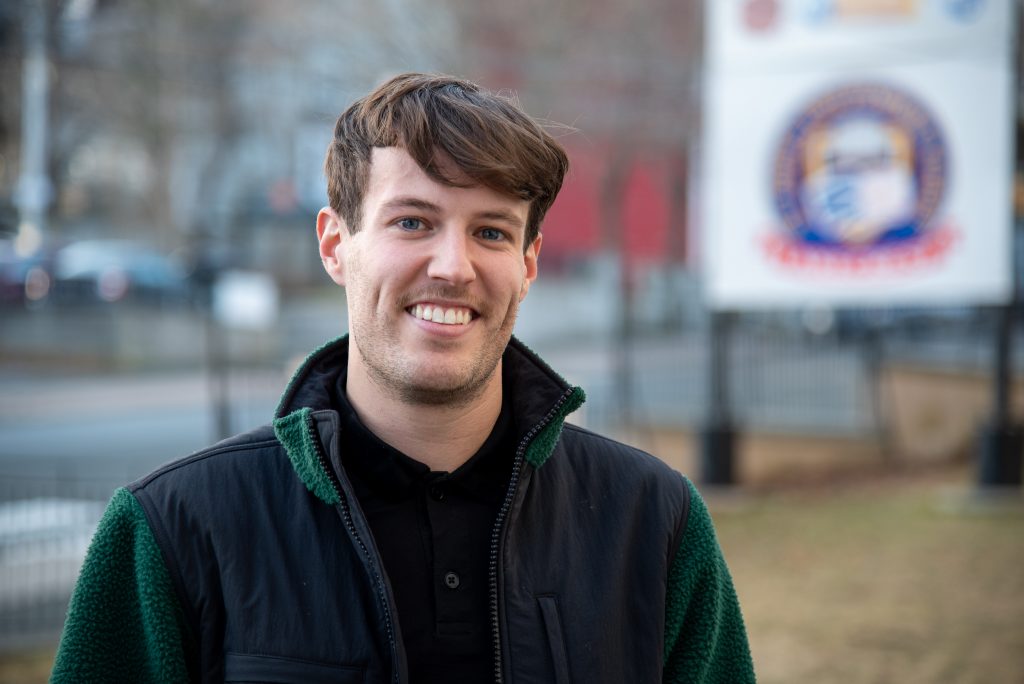
Out of all your years at Lakecrest, which moments or memories stand out as particularly memorable?
My lakecrest experience really was a positive one the whole way through. I am fortunate in that the many of the friends I made then I am still close with today. It is hard to pick specific memories, but many of the teachers made more of an impact on me than perhaps they even realize. If I had to shout out two teachers it would be Mrs. Gallagher who I still keep in touch with today and Mrs. Mousseau who unfortunately passed away a few years ago. I finished my PhD a few months ago and I still say I never worked harder than I did in grade 5. And as someone who has a career in science and education I have to credit Mrs. Mousseau for introducing me to the topic and instilling that passion.
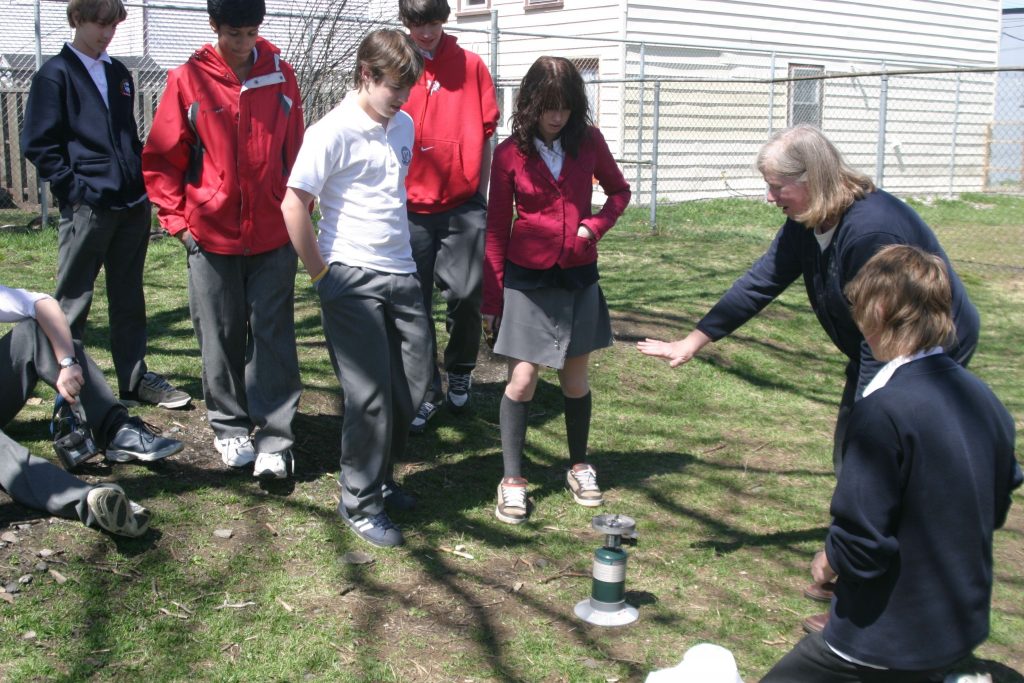
Please recount your post-secondary journey. What did you begin studying and why? How did your education journey change and evolve over time? How did the journey culminate?
I am a bit of a lifelong student. I completed a B.Eng (engineering) at MUN with a focus on oil and gas. I then did a masters in Earth Science studying sourcing of methane on both Earth and Mars. Finally, I just finished a PhD at MUN in engineering researching the performance of materials in a range of harsh environments. As for culmination, ask me that in 40 years.

What are you doing now?
My research focuses on how we can use multiscale simulation and testing methods to better understand how materials perform in harsh environments. That work began by looking at pipeline degradation in offshore NL. I then developed these simulations to study performance of materials and surfaces in another harsh environment: space. These days the majority of my time is spent working with a research team at NASA Goddard Space flight Center. We are studying how solar wind impacts can change surfaces, add to atmospheres, and possibly lead to the production of water.
Looking back, how did Lakecrest prepare you for the challenges of university?
I think what Lakecrest does best is put you in a position to succeed. For me, Lakecrest taught me not just how to work hard but how to be balanced and efficient with your time. I think lots of people work hard, but maybe not as many work ‘smart’. I still find time to play basketball 4 times a week, watch too much TV, and spend time with friends. This skill of balancing time and working efficiently is invaluable when it comes to postsecondary studies. While everyone is learning how to adjust, I think myself, and many of my classmates from Lakecrest, were ready from the jump.
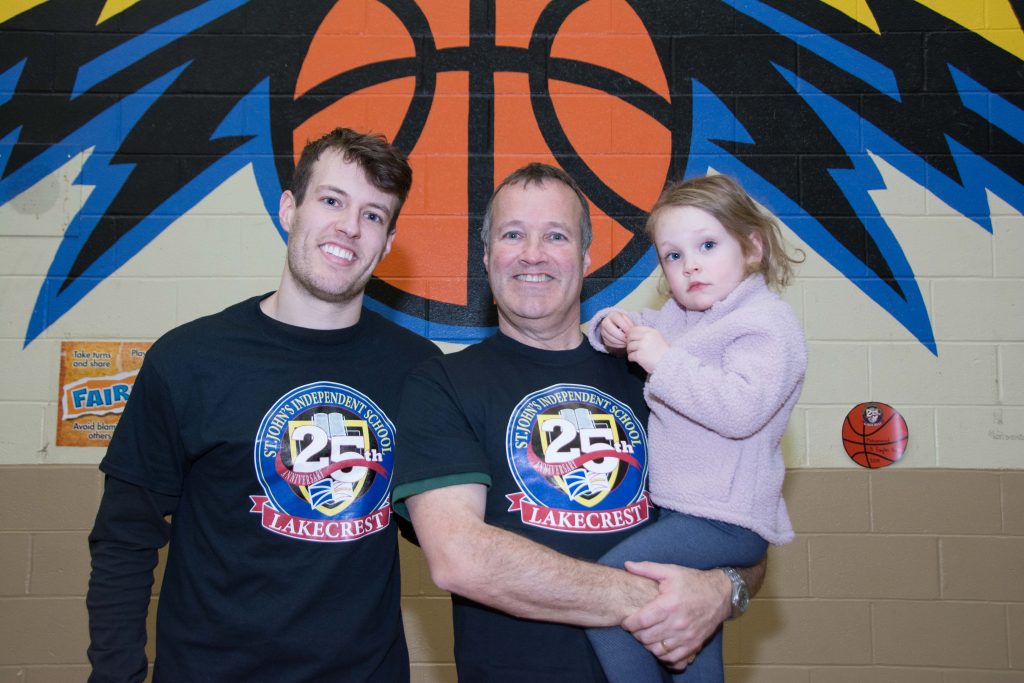
Again, looking back, how did your time at Lakecrest prepare you for life in general?
Seeing as my life essentially is school, I will say ‘ditto’.
In your opinion, what sets Lakecrest apart from other schools?
This is a tough question and one that I think changes depending on how many years out you are. In highschool, perhaps I would have answered with small classes, uniforms, etc. Today, that answer has to be the sense of family. I graduated a while ago now and still feel like a part of the Lakecrest family. I volunteer there regularly, still stay in touch with teachers, and even manage to get into the gym for after hours basketball scrimmages.
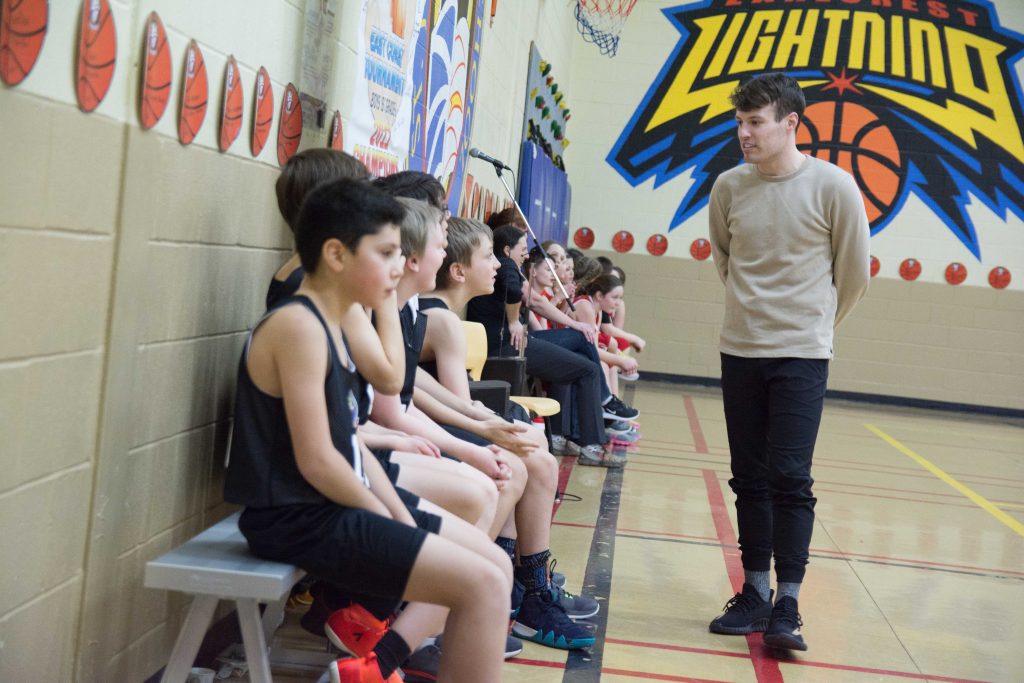
What wisdom can you share with current Lakecrest students who have a passion for science and/or engineering?
I think the best wisdom I can share is a bit of a paradox: its never too early to get on it, and don’t worry too much. As for the first one, if you are interested in these things reach out to people who are where you want to be in 10 years. Ask to shadow them, ask to grab a coffee, or even just a phone call. These kinds of contacts really can set you up for later in life. The second one is more of a message to younger me. It is great to think about the future but even more important to let it happen. Stressing over decisions and career choices 10 years away is just going to make you miserable. Chill out, work hard, and most important, have fun with whatever you are passionate about.
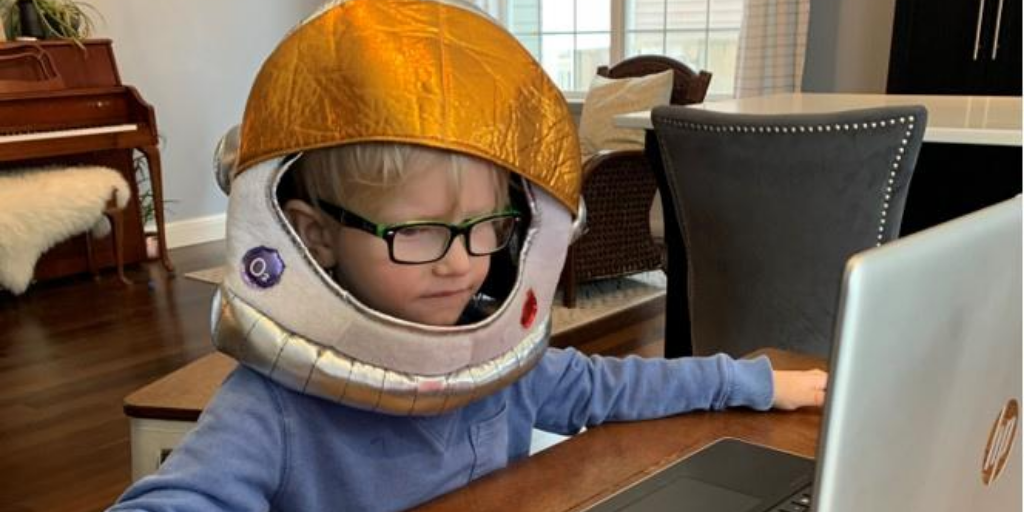
Thanks to Dr. Morrissey for his contribution to this article.
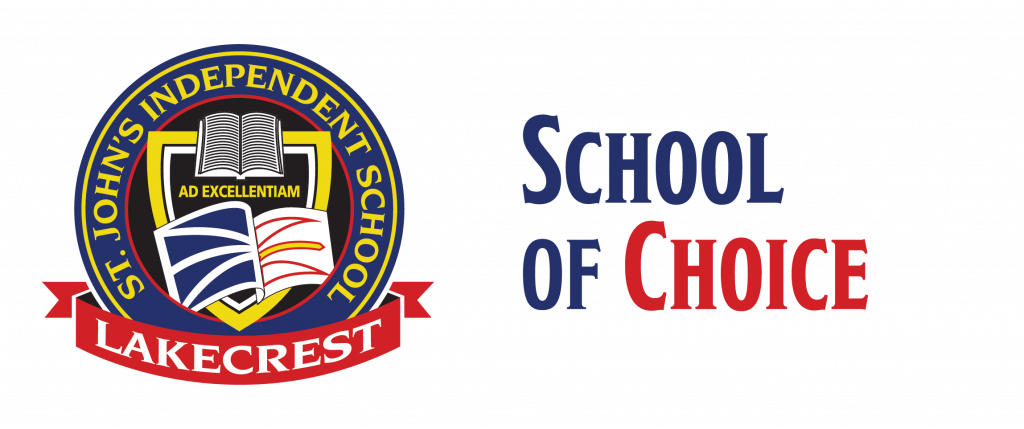



1 Comment
I am extremely inspired with your writing skills and also with the structure on your weblog.
Is this a paid theme or did you modify it your self?
Either way stay up the nice quality writing, it’s uncommon to see a nice weblog like this one today.
Youtube Algorithm!